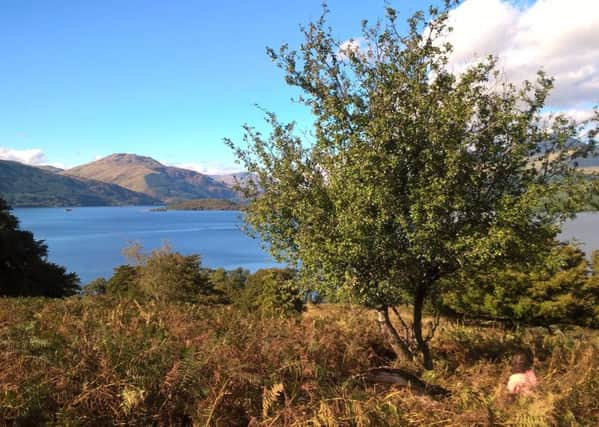Hybrid fears for the future of Scotland’s ‘pure’ crab apple trees


According to the findings of an academic study that studied the DNA of wild apple trees, around 30 per cent of what look like pure native varieties in the UK countryside are in fact hybrids.
This means they contain quantities of genetic material from cultivated varieties, some of which are derived from casually discarded apple cores or decorative trees from other countries. While there are still genetically pure crab apple trees in parts of Scotland and northern England, the results suggest that the species is quietly disappearing from large parts of Britain and the problem appears to be greater and more urgent than previously thought.
Advertisement
Hide AdAdvertisement
Hide AdThe study, published in the journal Forestry, shows that hybrid trees are most frequent in areas such as the heavily-farmed lowlands of Scotland’s central belt.
In this area half of all crab apple trees were found to be hybrids, compared to upland regions with ancient woodland where around 75 to 90 per cent of trees were still pure.
The results suggest that the last bastions of pure trees are in the southern Scottish Highlands, parts of Dumfries and Galloway and England’s Lake District.
The study was led by researchers from the Royal Botanic Garden Edinburgh with support from Forestry Commission Scotland.
Forestry consultant Rick Worrell, who initiated the research, said: “This story is similar in some ways to that of the Scottish wildcat, under threat from hybridisation with domestic cats.
“If we are not careful the wild apple, one of the UK’s rarer native trees, may be progressively hybridised out of existence.”